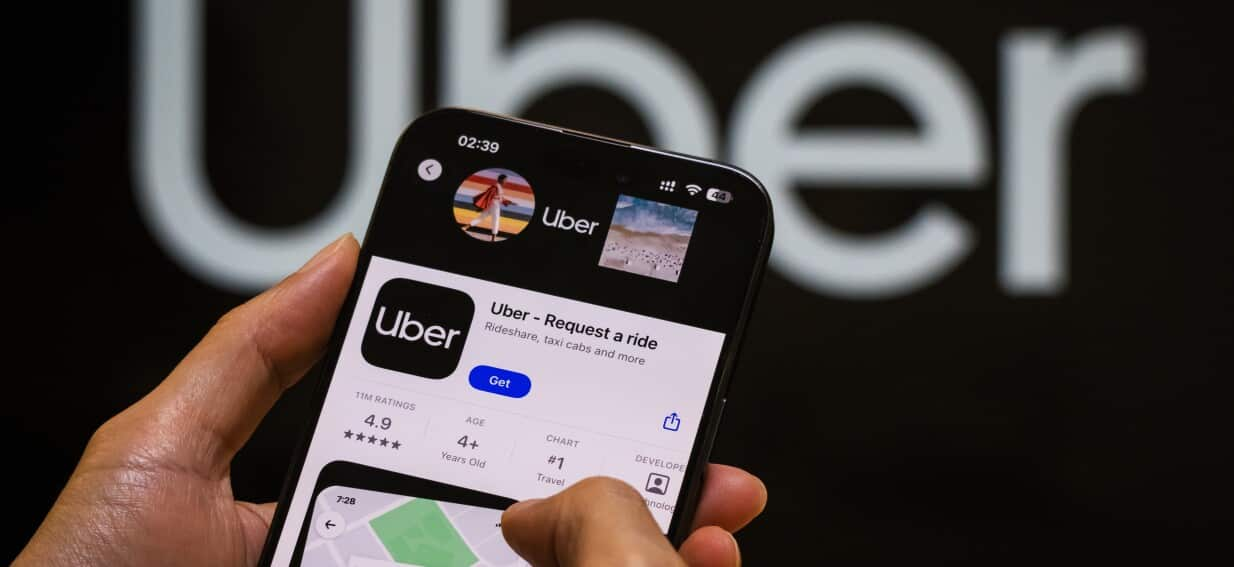Share this @internewscast.com

There is growing alarm among consumer advocate lawyers regarding Uber’s introduction of a buy now, pay later (BNPL) option in its app, despite Uber labeling this move as innovative for customers.
Afterpay, a BNPL platform, expressed its enthusiasm for partnering with Uber.
However, consumer advocates warn that enabling borrowing for small expenses, such as Uber rides, might lead to financial “debt spirals”.
Rose Bruce-Smith, a senior policy officer at the Consumer Action Law Centre, expressed concerns to SBS News about Afterpay becoming readily accessible for everyday purchases, a departure from its traditional use for non-essential items.
“People often overestimate their ability to repay in the future. Uber is akin to an essential service, and we often hear from people unable to pay for necessities, who continue to sink deeper into debt with these kinds of services,” she mentioned.
Afterpay incurs fees on users who fail to meet their repayment schedule, capping these fees at 25% of the purchase amount or $68, whichever is lesser.
Uber told SBS News it is “constantly looking for ways to enhance the experience for everyone who uses the Uber and Uber Eats app, and this includes providing users more flexibility and control over how they pay for their rides and meals”.
According to a survey by financial comparison site Finder, an estimated 41 per cent of Australians have used BNPL products in the past six months.
Vicki Staff, the National Debt Helpline coordinator, expressed concern to SBS News that the normalization of these services could lead individuals to fall further into accumulating debts.
“We worry that a lot of people are using buy now, pay later, setting up multiple accounts, and then using it to buy lots of small discretionary type services or products,” Staff said.
“What we often see as financial counsellors on the National Debt Helpline is all of these direct debits coming out of people’s bank accounts to pay for multiple buy now pay later accounts, and people can’t keep track of it. And so things start to spiral and they get out of control.”
Responding to calls to regulate the sector, the federal government last month introduced new laws that require providers to hold an Australian credit licence, comply with existing credit laws, and have also established a new category of low-cost credit under the Credit Act.
Nick Molnar, co-founder of Afterpay, remarked at the time on his satisfaction with the government’s recognition of these services and his aspiration for Afterpay to be as prevalent as credit card usage.
Bruce-Smith said that ambition was “concerning”.
“There are checks and balances with a credit card, which is very different from this sort of tech-first approach to integrating your business into every payment system we have.
“I think it’s pretty disappointing that Afterpay has used the instruction of legislation to use the legitimacy of that to aggressively expand into new areas in Australia.”
An Afterpay spokesperson said in a statement that the company is committed to giving people “flexible, transparent” ways to manage their spending.
“This partnership with Uber — one of the most widely used apps in everyday life — reflects growing demand for safe, simple, and affordable payment alternatives,” the spokesperson said.
“Afterpay has no fees when customers pay on time, with no risk of revolving debt spirals.”













